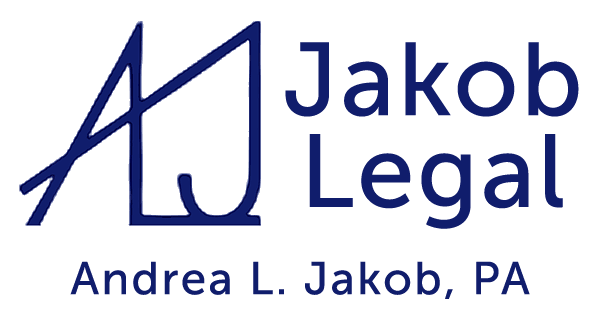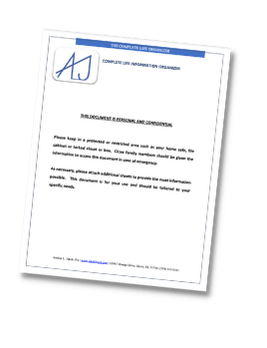The coronavirus health emergency is a reminder that life is unpredictable, and it makes sense to be prepared. It may sound self-serving, but the threats to life and finances posed posed by the pandemic offer ample reason to reevaluate your estate plan — or create one if you haven’t already.
Experts recommend that you will need to revisit your plan after certain key life events, including changes in health, finances, or family status. Unfortunately, this global health crisis can affect all of those aspects of your life. You should make sure you have these essential documents in place to protect yourself and your family:
Medical Directives. A medical directive may encompass a number of different documents, including, here in Florida, a health care surrogacy, a living will and a HIPAA release. For the health care surrogacy, you designate someone to make health care decisions for you if you are unable to do so yourself. A living will instructs the withdrawal of life support if you are terminally ill or in a vegetative state.
Power of Attorney. A power of attorney allows a person you appoint — your “agent” — to act in your place for financial purposes when and if you ever become incapacitated. In that case, the person you choose will be able to step in and take care of your financial affairs. Without a durable power of attorney, no one can represent you unless a court appoints a guardian. That court process takes time, costs money, and the judge may not choose the person you would prefer.
Will. A will is a legally-binding statement directing who will receive your property at your death. If you do not have a will, the state will determine how your property is distributed. A will also appoints a legal representative (called a personal representative) to carry out your wishes. A will is especially important if you have minor children because it allows you to name a guardian for the children. However, a will covers only probate property. Many types of property or forms of ownership pass outside of probate. Jointly-owned property, property in trust, life insurance proceeds and property with a named beneficiary, such as IRAs or 401(k) plans, all pass outside of probate and aren’t covered under a will.
Trust. A trust is a legal arrangement through which one person (or an institution, such as a bank or law firm), called a “trustee,” holds legal title to property for another person, called a “beneficiary.” Trusts have one set of beneficiaries during those beneficiaries’ lives and another set — often their children — who begin to benefit only after the first group has died. There are several different reasons for setting up a trust. The most common reason is to avoid probate. If you establish a revocable living trust that terminates when you die, any property in the trust passes immediately to the beneficiaries. This can save time and money for the beneficiaries. Provided they are well-drafted, another advantage of trusts is their continuing effectiveness even if the donor dies or becomes incapacitated.

